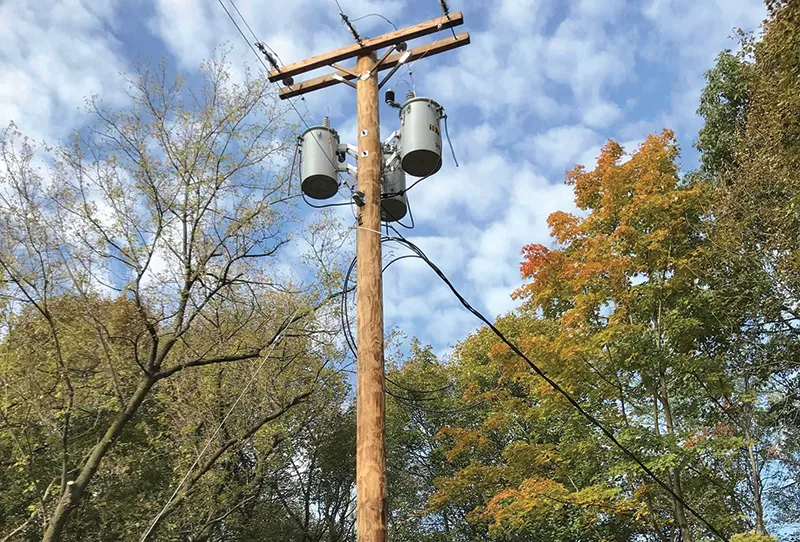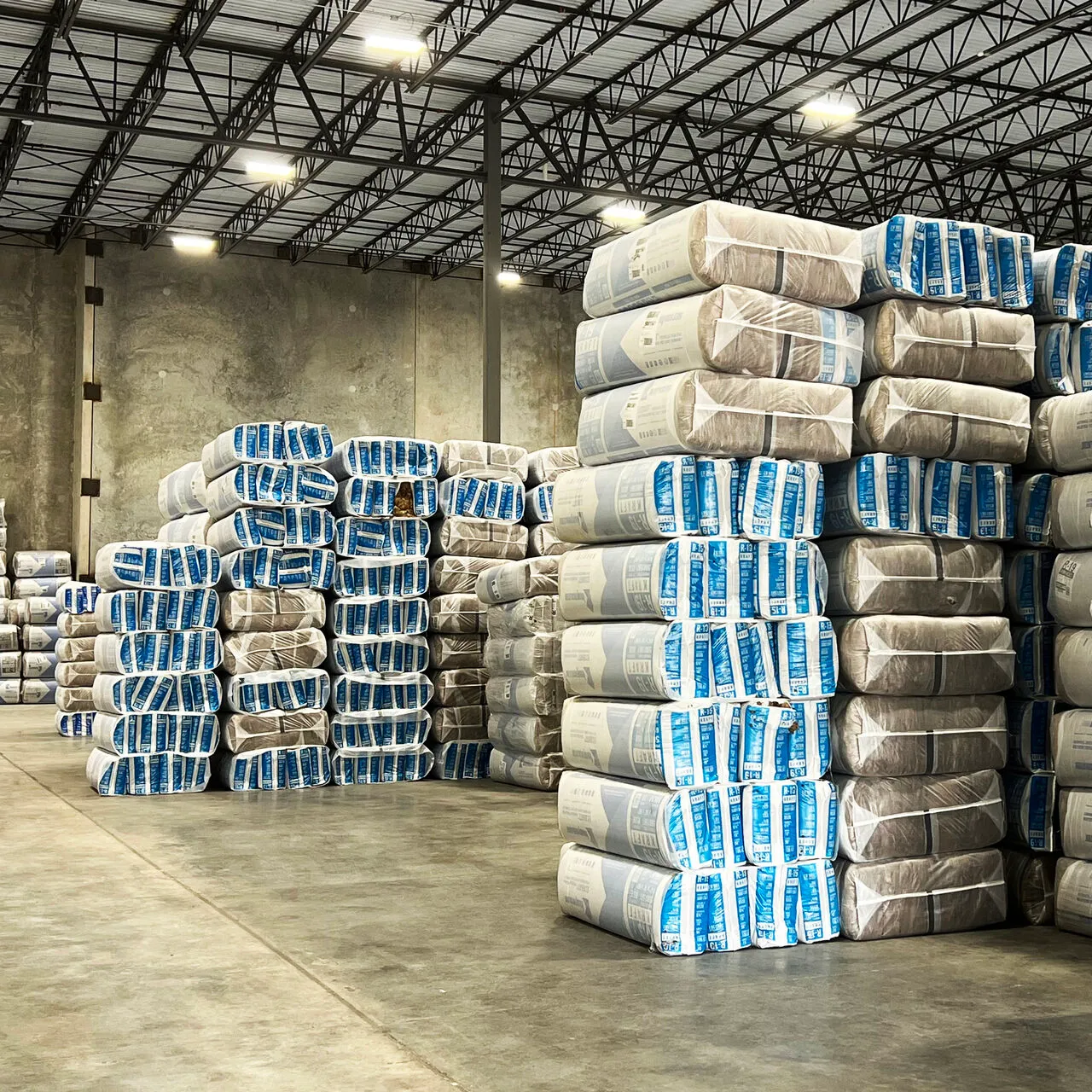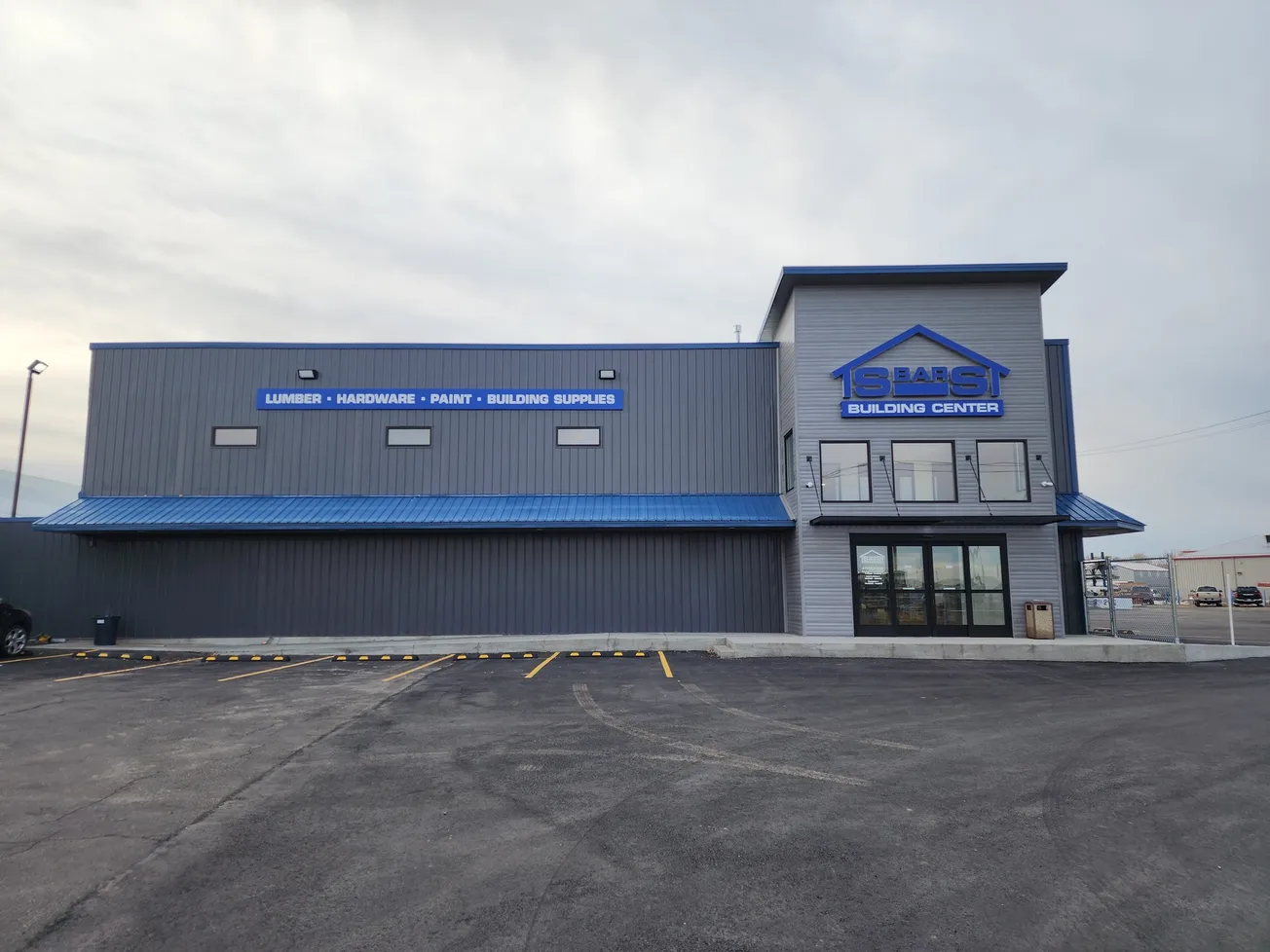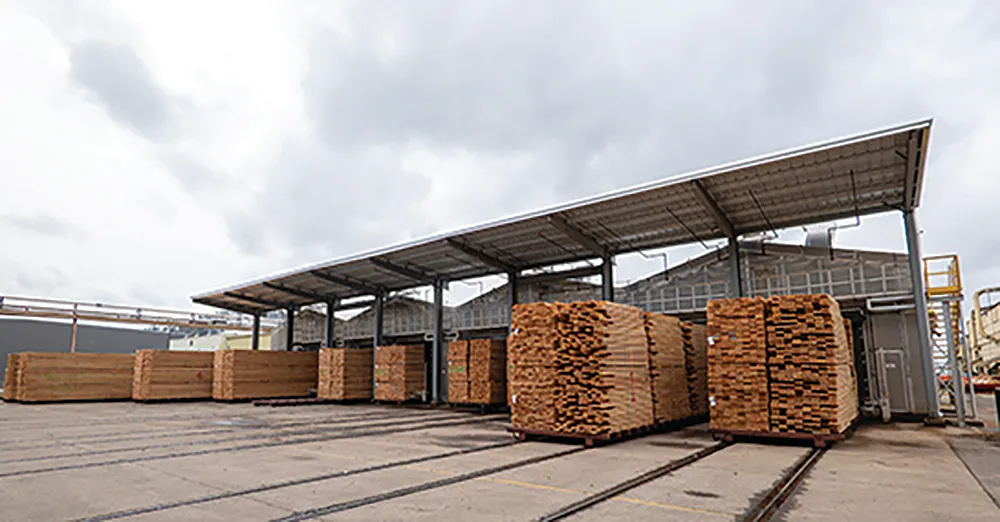Table of Contents
INDUSTRIAL WOOD TREATERS must once again contemplate an unknown future, unsure if any North American manufacturer will step forward to produce pentachlorophenol (penta) after the end of next year.
Currently, KMG is the sole supplier of EPA-registered penta, which has been a primary treatment for utility poles for the last 60 years. Cabot Microelectronics Corp. purchased KMG in 2018, and in November announced that it would no longer produce penta past 2021.
In late February, Gulbrandsen Chemicals, a producer of catalysts and chemical intermediates, said it would enter the penta market, ensuring an uninterrupted supply when KMG-Bermuth stops production next year. Yet weeks later, it scrapped the plan, saying state environmental officials could not guarantee the project would ever be permitted.
KMG’s initial announcement had set off a cascade of announcements by competing chemical suppliers —including Koppers, Viance and Nisus — that they possessed ample supply of alternative chemicals with “lower eco-toxicity.”
“We want to confirm for the utilities that Nisus has the capacity to manufacture enough copper naphthenate to treat all utility poles in the U.S. that are currently treated with pentachlorophenol,” explained Kevin Kirkland, president and CEO of Nisus Corp., maker of QNAP brand copper napthenate.
KMG’s exit has also prompted Koppers to say it will begin producing copper napthenate. “Cabot’s recent announcement was not a surprise as penta has been at risk as a long-term viable preservative since it was named as a Persistent Organic Pollutant (POP) by the Stockholm Convention’s POP Review Committee in 2015 and targeted for elimination or restriction by the Convention’s 183 member countries,” said president and CEO Leroy Ball. “With several better, more sustainable alternatives readily available and already in wide use in the treated wood utility pole market, we view the recent announcement as a positive development for our industry.”
Treaters, however, did not see the situation as urgent. Of more than a dozen penta treaters reached out to, most were content to sit back and see how the drama played out. Archie McMillan, Baldwin Pole, Bay Minette, Al., had heard another manufacturer was considering branching into penta, and that KMG would have an inventory of chemicals to ship well into 2022. He seemed in no hurry to make a decision, but was “prepared to make changes” and “convert to whatever preservative is requested (by customers).”
Treater Stella-Jones said it had long been planning to make a switch. “We have been acutely aware of penta supply issues for quite some time and have been taking active steps to be ready to produce preservative under our own direction,” said president and CEO Eric Vachon. “Our team has capitalized on our exceptional internal expertise and has been working diligently both in R&D and testing so that we can be in a position to seek regulatory approvals and licenses and have the necessary infrastructure ready on time for the changes that are coming.
“Additionally, our robust network is well positioned to offer alternative preservatives that are suitable and approved for the treatment of wood utility poles throughout North America. That, in addition to our ample strategic reserve of penta and assurances from our supplier of continued supply for the next 25 months, further solidifies our intention of continuing to grow our position in the utility pole market by supplying our customers with safe, sound and reliable products.”






